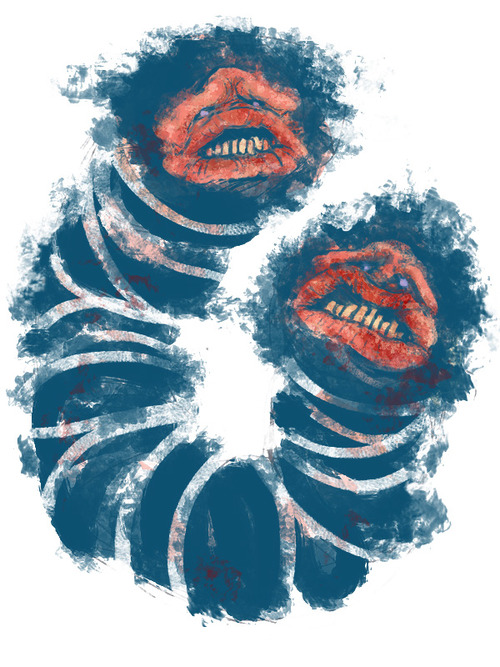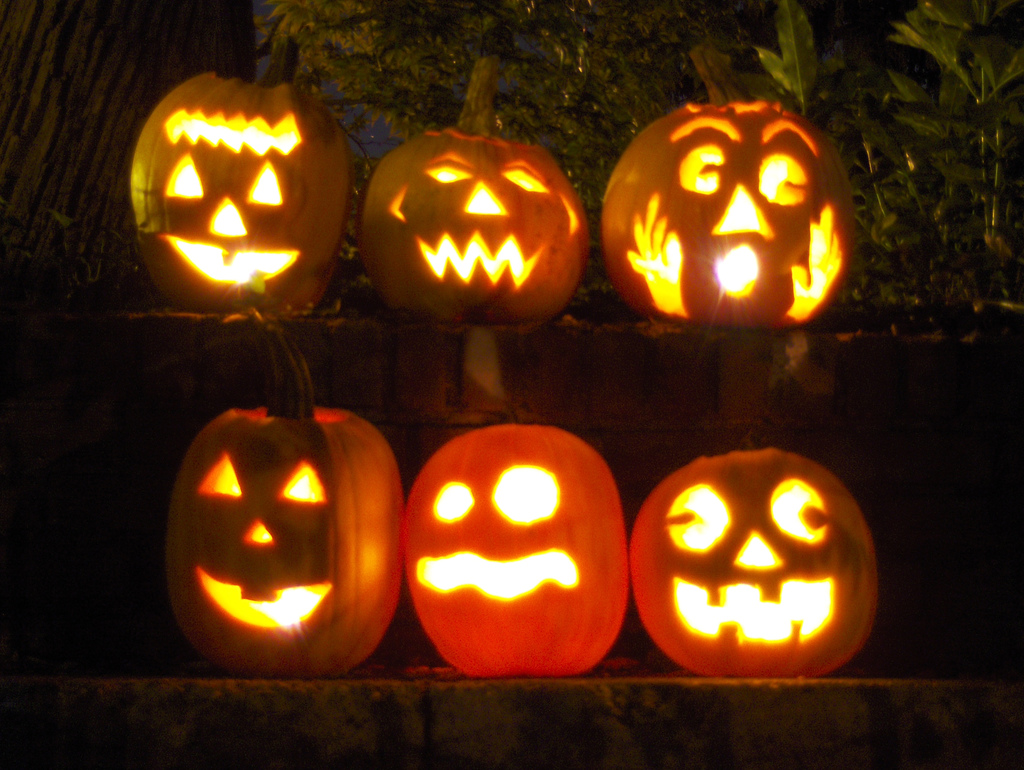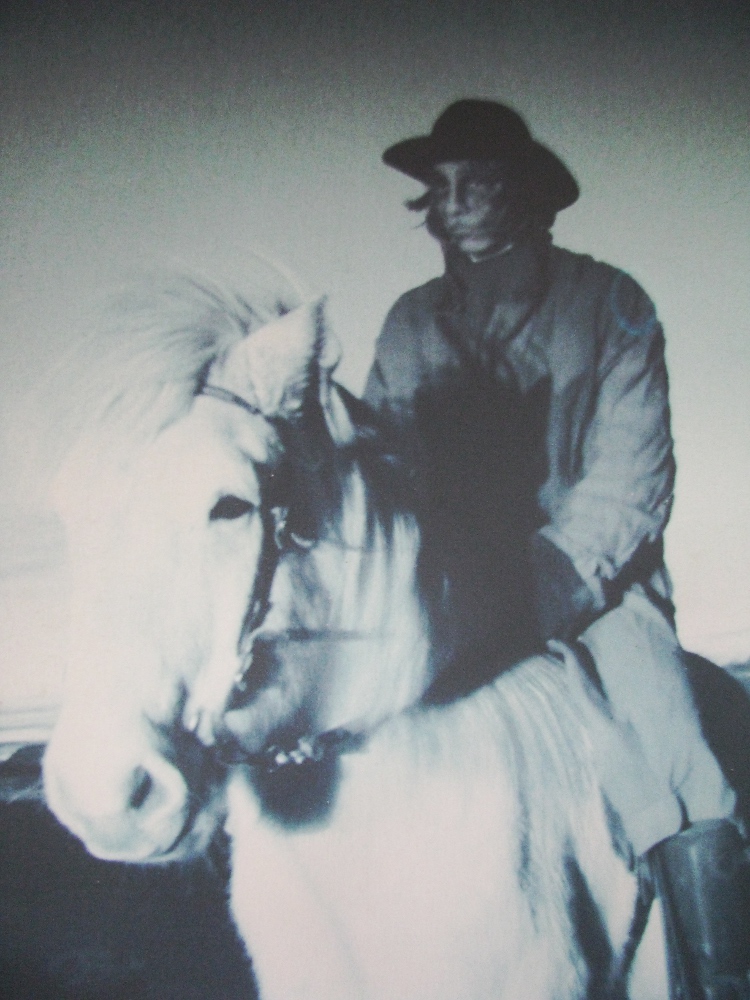Halloween or Hrekkjavaka? Posted by hulda on Oct 29, 2015 in Icelandic culture
Hrekkjavaka = Halloween
Grasker = pumpkin
Kónguló = spider. Spiderman is naturally Kóngulóarmaðurinn.
Kölski = the devil. He can also be called f.ex. andskoti, ári, fjandinn, flugnahöfðingi (= lord of flies), myrkrahöfðingi (= lord of darakness), óvinur (= enemy), sá í neðra (= the one below) and so forth. There are at least 61 names for the devil in Icelandic (link).
Leðurblaka = bat. Batman is Leðurblökumaðurinn. 😀
Vampíra = vampire, also known as blóðsuga (= blood sucker). Another translation for blóðsuga is a leech.
Norn = a witch.
Galdramaður = magician/wizard.
Seiðkona = also a witch.
Kveldriður (= night rider), a witch with the ability of flying and turning people into his steeds, forcing them to carry him long distances. There are worse suggestions to what this might mean but a typical scene includes the witch putting a bridle and a saddle on you and then forcing you to perform things a human body cannot manage, damaging you so badly in process that you might die.
In Iceland witches are generally always male, and of all the 21 people burned alive for witchcraft only one was a woman. Did you know that one of the executed witched confessed to having drawn fart runes against a woman who had turned him down?
– afturgöngur (= walks after), either a vengeful ghost hellbent on destroying its killer and occasionally a whole familyline, or an unfortunate victim of a witch. The latter type often means that a witch finds a washed-up corpse or at worst kills his victim himself and then wakes up the corpse that will then have to do the witch’s bidding. Once the witch runs out of work to give to the ghost it will however kill him.
– útburður (= carried outside), a ghost of a baby left outside to die, a sad part of Iceland’s history where this was used as the only form of birth control there was if there was not enough food. Later on when pregnancy out of wedlock was punished by death for the mother the motive changed but custom stayed the same. It’s said that an útburður ghost crawls only using one leg and one arm.
– móri, a male ghost that often wears a large hat and a rust-red shirt.
– skotta, a female version, if she wear traditional clothing her hat hook is bent backwards. Often wears rust red socks.
– uppvakningur (= woken up), just what it sounds like, a dead person walking iow a zombie. Most Icelandic ghosts are of this type, the spirit-ghosts have never really caught on here… the traditional idea is so much scarier after all.
 Tilberi, a magical creature made out of a dead person’s rib and wool. Unlike most Icelandic magic this creature can only be created by a woman. A tilberi will steal milk from other people’s sheep and bring it to its owner, making her wealthy in process. It’s said that tilberi-given milk makes weird-tasting butter and that if you draw a certain magical stave on butter it will disappear if it has tilberi-ish origins.
Tilberi, a magical creature made out of a dead person’s rib and wool. Unlike most Icelandic magic this creature can only be created by a woman. A tilberi will steal milk from other people’s sheep and bring it to its owner, making her wealthy in process. It’s said that tilberi-given milk makes weird-tasting butter and that if you draw a certain magical stave on butter it will disappear if it has tilberi-ish origins.
Snakkur is similar to tilberi but you need a thigh bone to make one, and instead of milk it will steal wool.
The downsides to making a tilberi or a snakkur are that a) being caught having one or attempting to create one used to be an act punishable by death and b) you had to feed it your own blood via a cut to your thigh; in time the creature would drain you of your blood unless you managed to destroy it somehow first. More about tilberi can be found here.

Build vocabulary, practice pronunciation, and more with Transparent Language Online. Available anytime, anywhere, on any device.
About the Author: hulda
Hi, I'm Hulda, originally Finnish but now living in the suburbs of Reykjavík. I'm here to help you in any way I can if you're considering learning Icelandic. Nice to meet you!






Comments:
bobriha:
Whenever I read about tilberi I think “just in what dispair should be a woman to decide to make such a disgusting and dangerous creature?”
hulda:
@bobriha Uh, I agree. Creating one was unpleasant and keeping one was dangerous, most likely you’d end up dead in the end. You’d either have to be too greedy for your own good or indeed, desperate.